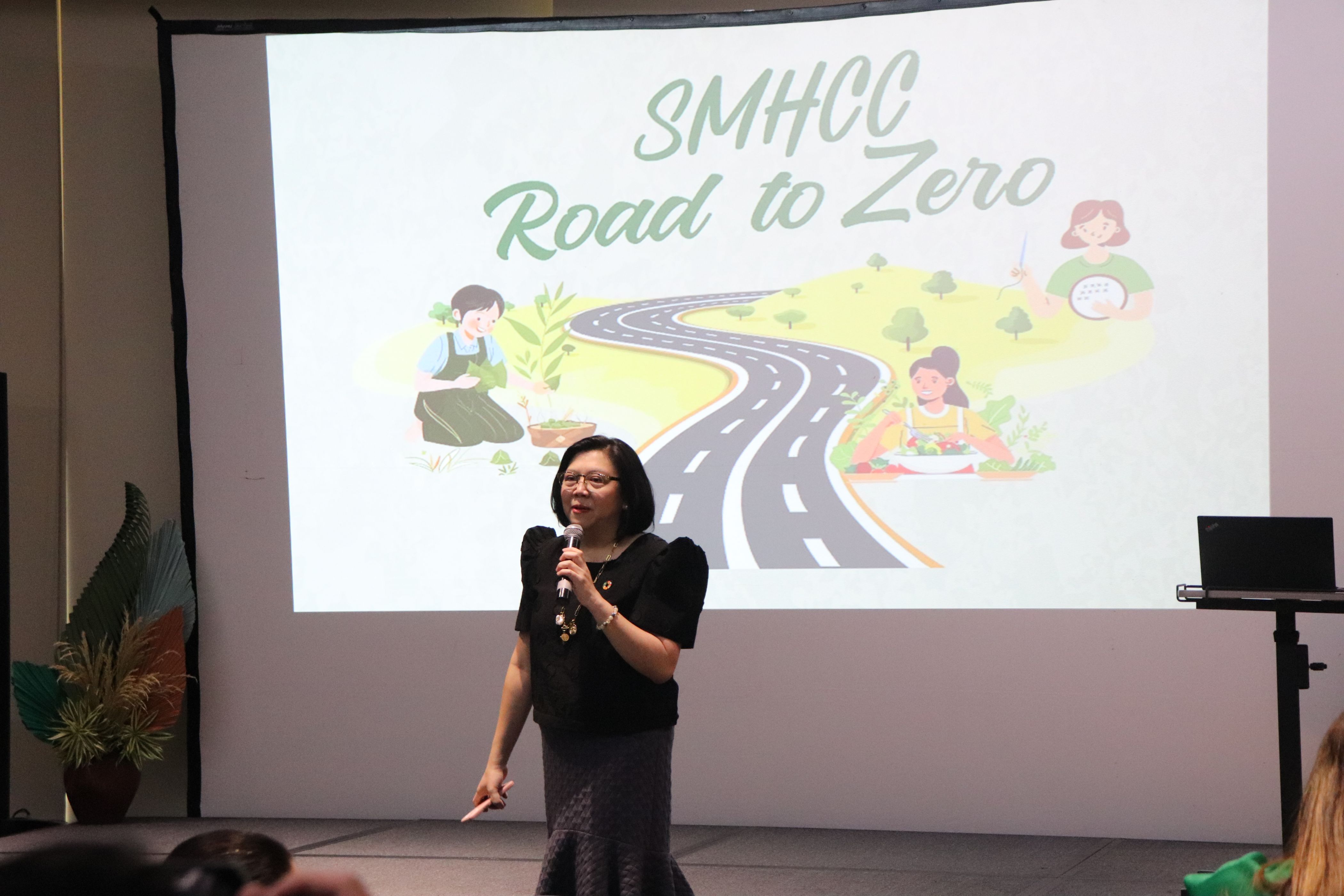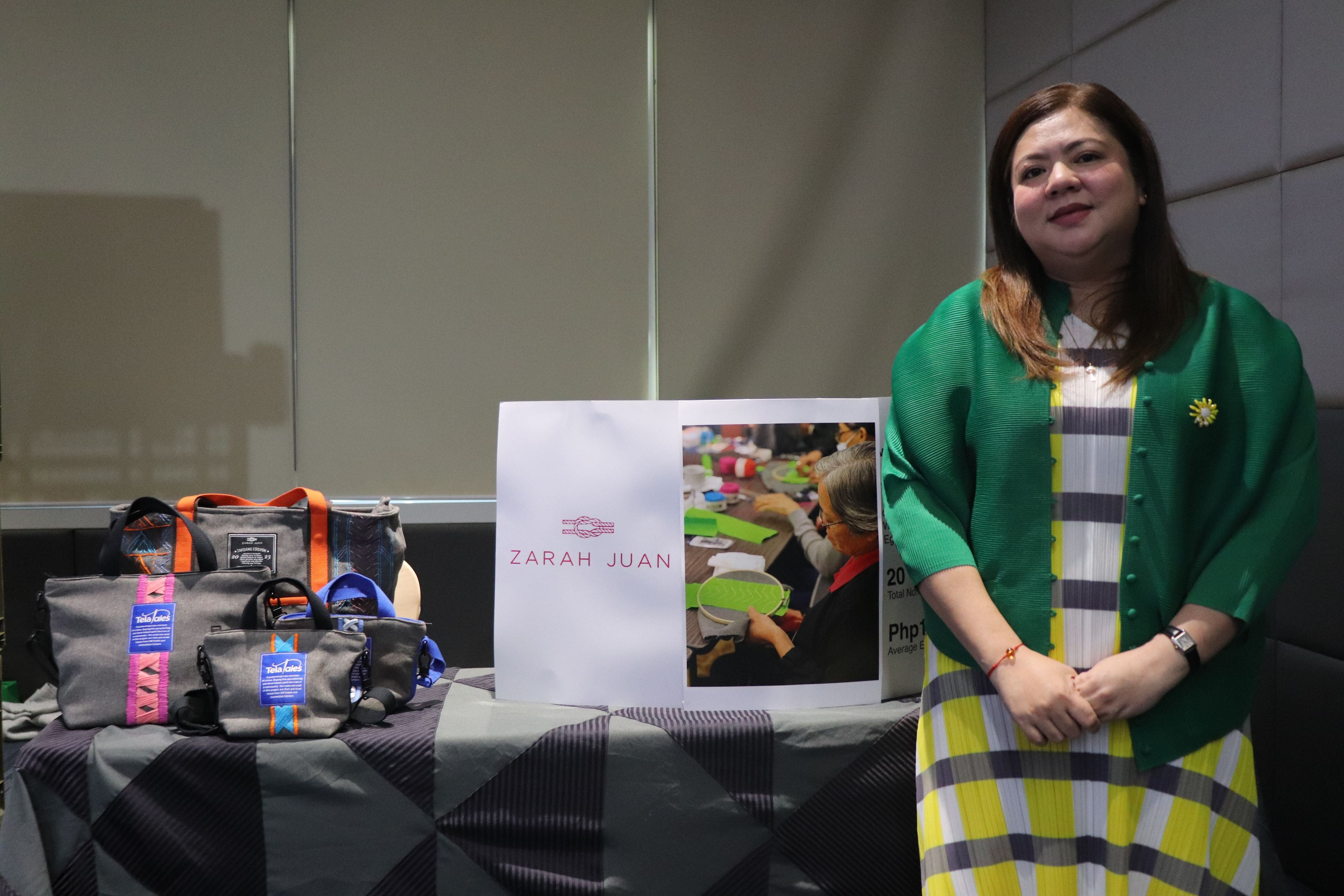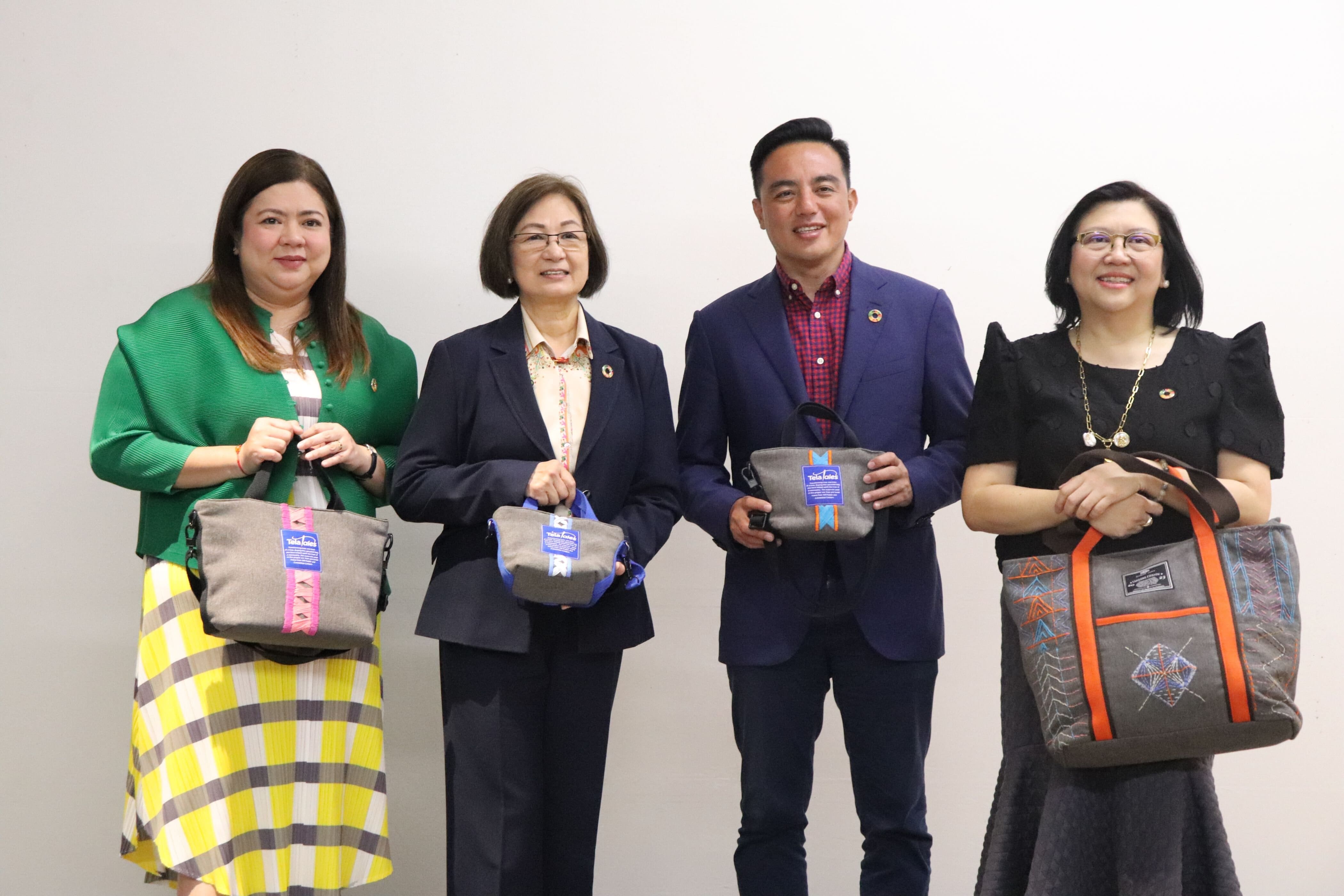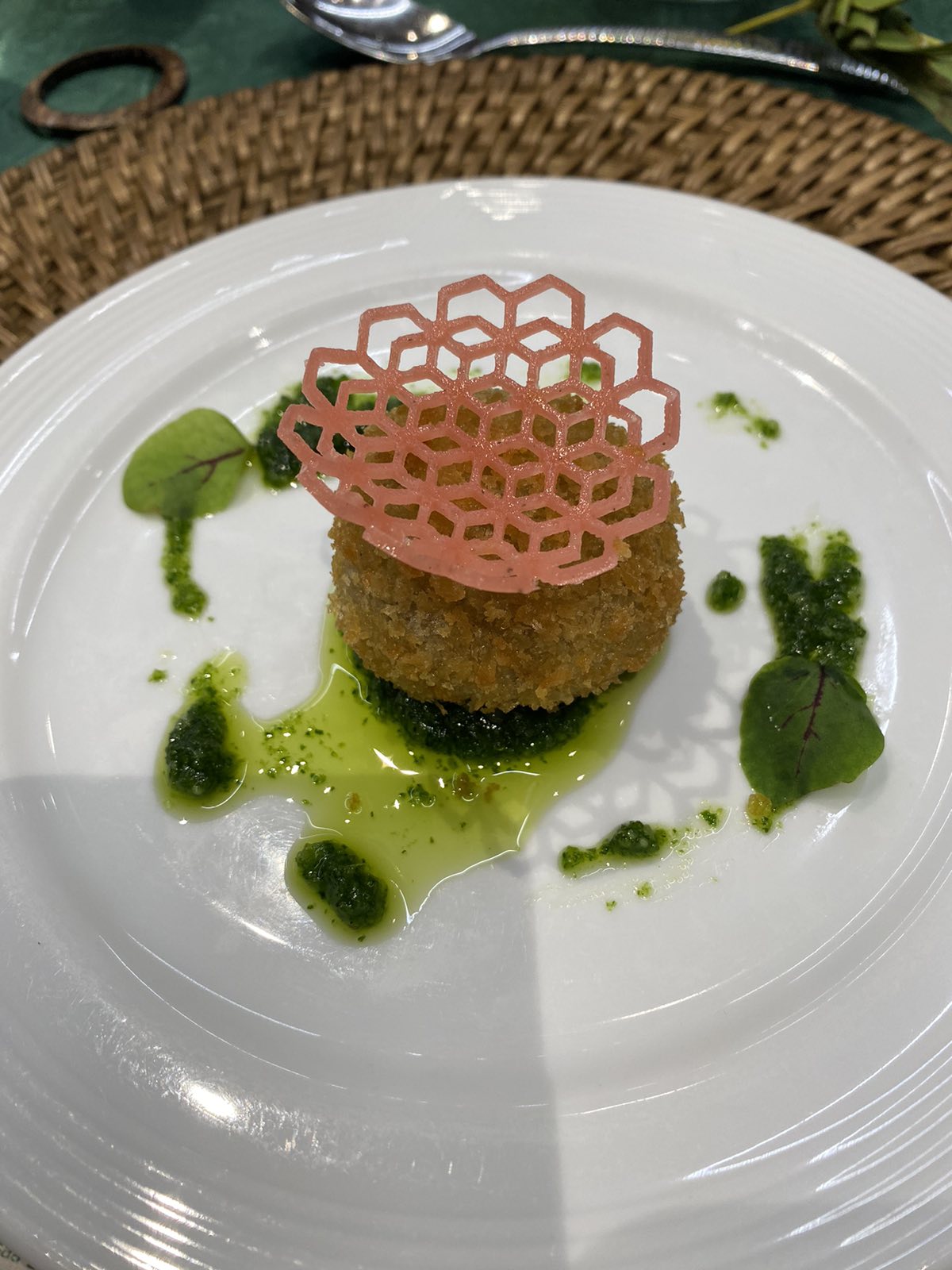Where do condemned linens go? Tela Tales tells their story
Instead of being discarded, condemned linens are given new lives as tote bags and more
At A Glance
- Tela Tales is one of SM Hotels and Conventions Corp.'s sustainability programs that utilize condemned linens in the circular economy.
- Selected communities around the properties are taught livelihood skills in upcycling materials, such as condemned linens.
- Their sustainability programs started 10 years ago to attain a net zero goal in 2040.
SM Hotels and Conventions Corp. (SMHCC) stepped up its sustainability efforts with the launch of Tela Tales, a recycling program that advocates environmental stewardship aimed at creating a circular economy for condemned linens.
Aside from linens, SMHCC has tablecloths, throw pillowcases, and seat covers, among others, that must be discarded at a certain time. These items were mostly donated to institutions or people affected by calamities such as typhoons, but they thought of a better use of these materials as part of the company’s sustainability efforts and livelihood programs.

“We knew we had to do something with all those condemned linens,” said Leah Magallanes, the vice president for sustainability and quality, who leads SMHCC’s sustainability efforts that center around various ESG (Environmental, Social, Governance) practices and metrics. To meet this challenge, Magallanes sought the support and expertise of an accessory designer and a social entrepreneur Zarah Juan to create a recycling program that makes use of condemned linens and other clothing materials.
A former product supplier of Kultura of SM Supermalls, Juan is now a partner in the sustainability program, where she shares her learnings and technical know-how in utilizing the condemned linens by communities that need livelihood assistance.

“That’s where we come in, we participate in the upskilling of women in several communities where an SM hotel is located. In the process, we are converting the linens to tote bags and other products that are marketable, useful, and valuable so they can generate income for the artisans. We are upcycling the linens and adding to the livelihood of different communities,” explained Juan.
“We started in the areas of Taal Vista Hotel, and Pico de Loro, and now the recent community we work with is in Iloilo, where Park Inn Radisson is located. We partnered with the LGU which screened or tapped the women who have the potential or are willing to learn. We went there to assess the level of their skills and because of that immersion, we found out that they need more training in using sewing machines. Upon the request of the LGU, TESDA will conduct a course in dressmaking, so they will be ready when I come back,” shared Juan.
Magallanes added, “As a social entrepreneur, sustainability is Zarah’s language so she knows how to run a business that’s sustainable and profitable at the same time.

The product must be of good quality so people will buy it again. It had to be an organized group or sponsored by the government like the one in Iloilo. When you’re helping a community, in two to three years, they have to be independent after the establishment of the business,”
“I am honored by the trust they bestowed on me as a partner. It is very refreshing that one of the biggest companies in the country is taking big steps to pursue sustainability,” said Juan.
According to Magallanes, SMHCC’s sustainability programs started 10 years ago and since then has made great strides in meeting their net zero target by 2040. Such initiatives were all directed towards achieving zero waste, zero green washing, and zero biases following the four key strategies: energy conservation, water management, green procurement, and circular economy.
In partnership with key stakeholders such as Hope Water, Diversey Philippines, Greenspace PH, and Green Trident Services, SMHCC’s completed projects and actual outputs include over P300,000 contribution to help build classrooms while enabling the clean up of over 7,100 kg of plastic waste since 2022; the diversion of over 235 kg of used bar soaps and conversion of the soaps into new ones; diversion of a total of 198,640 kg of food using the bokashi composting technique; and diversion of over 10,000 kg of paper wastes and 2,000 kg of plastic wastes, and then recycled to produce sustainable products, such as Papel ni Juan recycled bond paper and Poly al Eco Boards. Taal Vista Hotel diverted a total of 11,672 kg of food waste since the installation of the Dunbrae Philippines’ Orca Biodigester last July 2023.

The Tela Tales event also featured locally sourced and hotel-harvested ingredients in a “Plate for the Planet” luncheon prepared by a team of culinary experts from Taal Vista Hotel. “Plate for the Planet” is part of SMHCC’s Sustainable Diner program committed to implementing a circular economy in its operations. Mushrooms from Tagaytay, kesong puti from Laguna, and Maliputo fish were some of the key ingredients from the menu as well as herbs, fruits, and vegetables from the hotel garden.
The said program is aimed at expanding healthy and environment-friendly dining options, directed towards reducing dining wastes and mitigating GHG emissions in the food service industry.